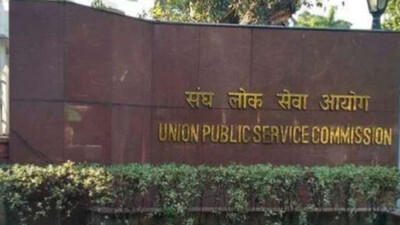Recommended Stories
The first phase of the National Cyclone Risk Mitigation Project (NCRMP), which would be implemented at an estimated cost of Rs 1,496.71 crore, was approved at a meeting of the Union Cabinet chaired by Prime Minister Manmohan Singh here on Thursday.
“The project is the first disaster risk mitigation initiative, which would be implemented in the country to reduce loss of life and property in the event of future calamities,” an official spokesperson said.
Out of the total amount, the World Bank would provide financial assistance equivalent to Rs 1,198.44 crore and the remaining Rs 298.27 crore given by Andhra Pradesh and Orissa.
The project is expected to benefit 5.60 lakh people in Orissa and over 5.50 lakh people in Andhra Pradesh. It would further help in protection of 38,296 hectares of land in Orissa and about 12,640 hectares of land in Andhra Pradesh.
NCRMP has been conceived for implementation in all the 13 cyclone prone coastal States and Union Territories - Andhra Pradesh, Orissa, Gujarat, Tamil Nadu, West Bengal, Maharashtra, Goa, Karnataka, Kerala, Daman and Diu, Puducherry, Lakshadweep and Andaman and Nicobar Island.
The NCRMP would be implemented in three phases keeping in view the vulnerability of the States and their readiness with investment proposals.
The broad objectives of the project are to upgrade cyclone forecasting, tracking and warning systems, cyclone risk mitigation and capacity building in multi-hazard risk management.
The major infrastructure which would be constructed under the project includes multi—purpose cyclone shelters, godowns, approach roads, bridges to habitations and embankments including construction and renovation of saline embankments.
The investments proposed in the States would strengthen the coastal infrastructure for protection of the community and their evacuation, greater accessibility, improved warning dissemination and quicker response.
Nearly 5,700 km out of around 7,500 km of country’s coastline in flat coastal terrain with high population density is extremely vulnerable to cyclones and its associated hazards like storm surge, high winds and heavy rainfall. Approximately 40 per cent of total population in maritime states lives within 100 km of the coastlines.












